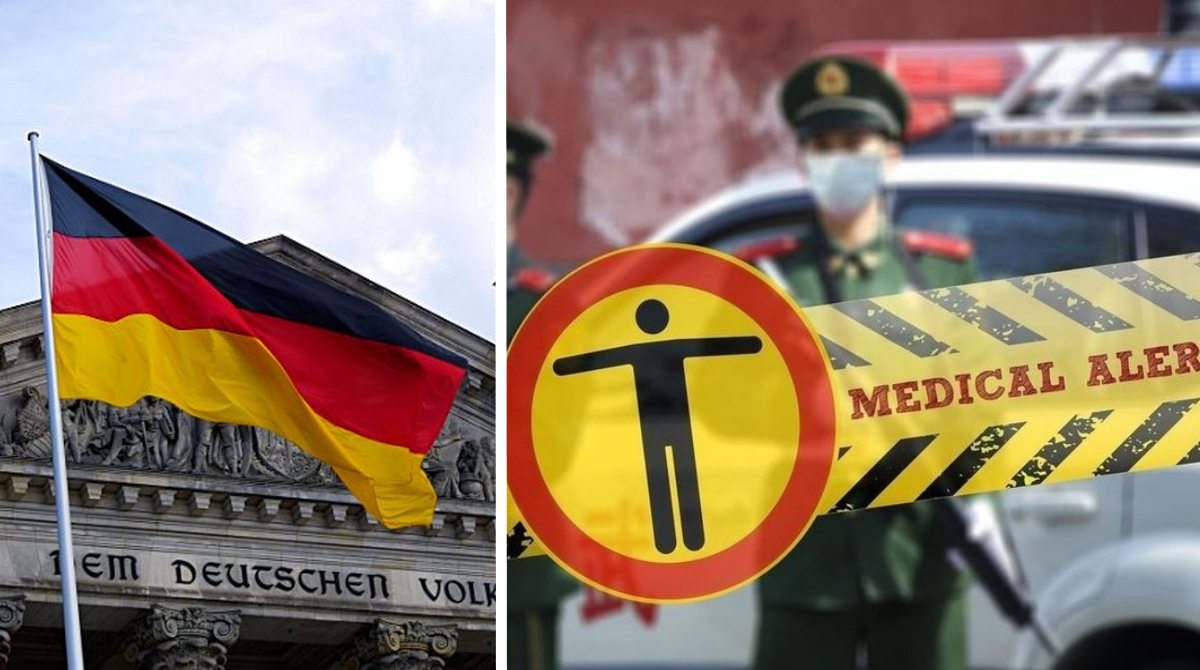German health authorities have recommended a period of isolation of at least 21 days for people infected with smallpox after the World Health Organization (WHO) reported that about 250 cases of the disease were recently detected in 16 countries, according to DPA.
Health Minister Karl Lauterbach said the recommendation was based on the need for a “tough and rapid response in the early stages of the epidemic”. The contact persons should also be quarantined for 21 days, he said, adding that he had ordered about 40,000 doses of the vaccine. Lauterbach explained that vaccination can help curb the spread of smallpox if it is offered to contact persons and that it is a method known as “circular vaccination.”
At the same time, the British health authorities reported that more than 1,000 contacts of people infected with monkeypox were vaccinated with Imvanex. Cases of the disease have been reported in several German provinces, and the search for infected contacts is underway. Lauterbach noted that monkeypox “is not the beginning of a new pandemic” and that there are well-known methods of controlling this pathogen.
Slovenia and the Czech Republic today reported the first cases of infection.
In Geneva, WHO expert Rosamund Lewis said that the spread of monkeypox could be curbed. The current outbreak is worrying, but the risk to people is small, she explained.
Also read: What is known today about the outbreak of “monkeypox” and how it can affect tourism
The majority of reported infections in the world are related to men who have had sexual intercourse with each other. Unlike coronavirus, smallpox infection is very rare by airborne droplets. The virus also has mild symptoms such as fever, headache, muscle aches, and skin rashes. However, it can be severe and in some cases even fatal.

